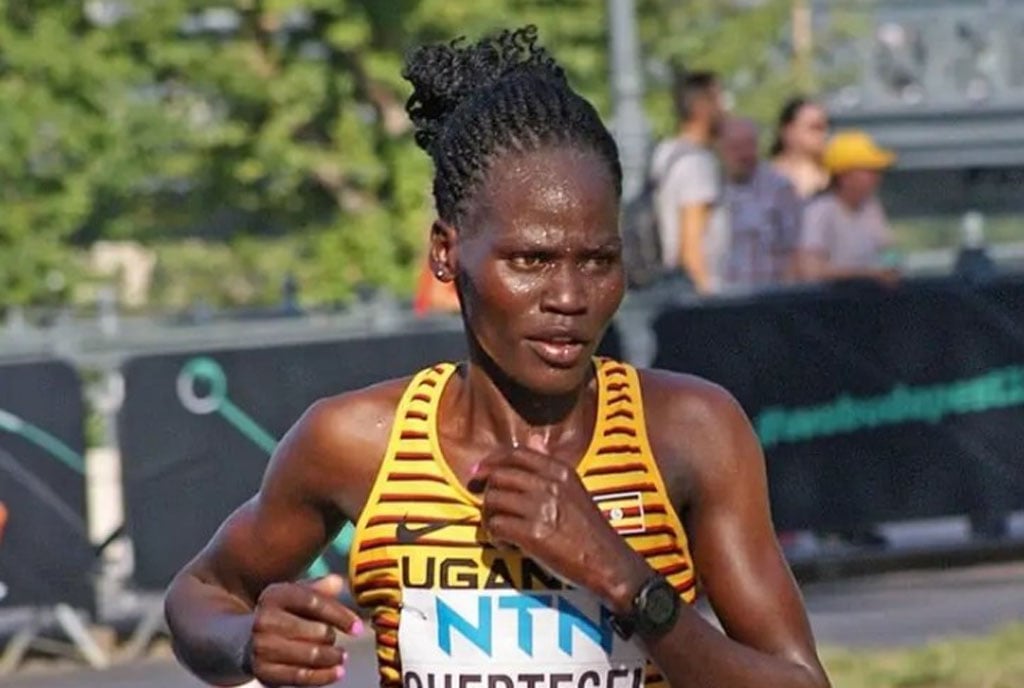Is MP Mawanda a political prisoner? A flawed analysis

Mr Kajura Festo Nkwatsibwe. Photo/Courtesy
In the article titled “Is MP Mawanda a Political Prisoner?” authored by Mr Richard Mbayo, which was published in the Daily Monitor on August 23, the narrative seems intent on discrediting Igara East MP, Michael Mawanda while exonerating Olivia Lutaaya, a National Unity Platform supporter detained on charges of treachery and possession of ammunition .
The author’s analysis overlooks significant factors and leans towards influencing public opinion rather than a balanced exploration of the issues at hand.
One crucial aspect that Mbayo fails to adequately consider is Mawanda’s role as the chair of the Patriotic League of Uganda (PLU), a popular movement that has gained significant traction. The existence of such an organisation, which clearly resonates with a section of the populace, could understandably unsettle many within the government. The possibility that Mawanda’s arrest is an attempt to stifle the influence of this movement cannot be ignored, yet Mbayo dismisses it out of hand.
Again, the Chief of Defence Forces (CDF), with his intimate knowledge of the country’s political developments, the existence of mafias and his close ties to the President, was well within reason to describe Mawanda’s arrest as politically motivated. His description of Mawanda as a political prisoner is supported by the broader context in which these events are unfolding. To suggest, as Mbayo does, that Mawanda’s graft charges automatically disqualify him from being seen as a political prisoner is both simplistic and misleading. The charges themselves do not constitute proof of guilt, and the legal principle of the presumption of innocence, as per Article 28(3)(a) of the Constitution of Uganda, must apply. It is also important to recognise that Mawanda’s position and influence within the PLU likely contributed to the political motivations behind his arrest. The selective application of the term “political prisoner” to Lutaaya while denying it to Mawanda is indicative of a biased approach that fails to account for the full spectrum of political dynamics at play.
Mbayo’s article misses the mark by focusing on discrediting Mawanda rather than offering a balanced analysis of the situation. The possibility that Mawanda’s arrest is politically motivated, given his leadership of the PLU, cannot be dismissed lightly. As citizens, we must be vigilant against such one-sided narratives and advocate for justice and fairness for all, regardless of their political affiliations.
Mr Kajura Festo Nkwatsibwe is a human rights defender, coordinator of the Ethnic Minority Rights Initiative, and Law Student at CUU




